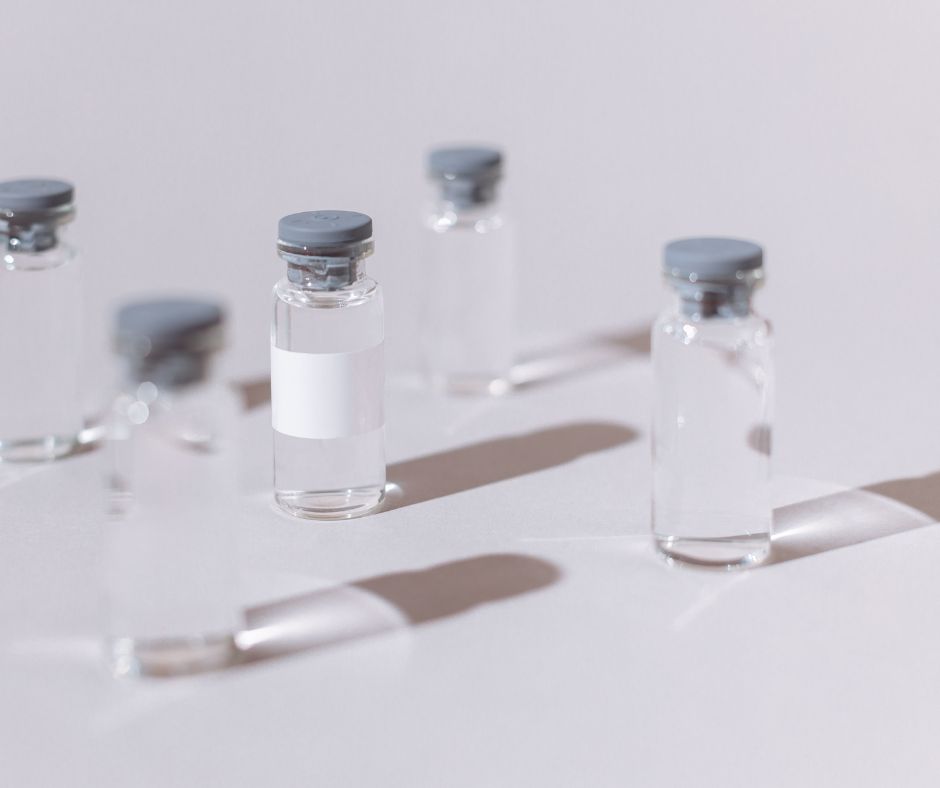Testosterone Replacement Therapy (TRT) is used to elevate your testosterone levels and doing so can lead to many benefits. Sometimes, TRT can be a way of treating a medical condition. At other times, higher testosterone can be used for bodybuilding, allowing you to grow muscle mass faster.
However, there is a potential downside. In many cases, TRT is a long-term decision. Stopping TRT can sometimes be a challenging experience, which will require advice from an expert to safely come off of it. Your body will need to return to its previous state, which can take time. If you decide you want to stop, here are some things you can expect.

Where to Start?
If you are thinking about stopping TRT, it’s essential to talk to your doctor. They will be able to help you assess the risks, so you can come up with a plan that works for you. If you don’t prepare yourself, there is a chance that going cold turkey can result in serious side effects or, in rare cases, death. Your doctor will be able to tell you more about the type of symptoms you can expect.
It’s usually best to wean yourself off the medication rather than trying an abrupt withdrawal. To do this, slowly start reducing your dosage size over several weeks. Though you will still experience some adverse side effects and withdrawal issues, they won’t be as severe as you would get when cold turkey.
Side Effects of Stopping TRT
Even if you get a doctor’s help, stopping TRT will likely be a challenging experience. There are several potential symptoms that you can experience. These can be broken down into physical and mental health side effects.
Mental Health
When you stop TRT, your hormones will be thrown out of balance. This can have a profound impact on your mental health. Here are some of the things you can expect:
- Lower sex drive. In men, testosterone helps regulate libido. As your testosterone levels drop, your sex drive will begin to diminish in many cases.
- Less energy. When you start TRT, the higher testosterone levels will likely increase energy. As you are coming off the medications, this will work in reverse. You will usually begin to feel more sluggish as fatigue sets in. You might also experience “brain fog,” making it harder to focus on anything.
- Mood changes. There are a few ways that your mood changes might manifest. Some people report higher levels of depression. At other times, you will feel more irritable. You may get a combination of both.
- Trouble sleeping. It’s common for people who have recently stopped TRT to find some trouble getting to sleep. In some cases, it can even lead to insomnia.
Physical Health
While stopping TRT will take a toll on your mental health, it will also affect your physical health. Here are some of the changes that you might be going through:
- Slower production of muscle mass. Testosterone is one of the primary hormones impacting muscle mass production. It is still possible for men with lower testosterone levels to increase muscle mass. But it will require more work in the gym if you were taking it while bodybuilding. You might even start to lose muscle.
- Headaches. You might be able to use headache tablets to try and combat these migraines.
- Erectile dysfunction. One of the most common ways to manifest a low sex drive is erectile dysfunction. ED pills might be able to help you manage this symptom.
- Weight gain. Testosterone doesn’t just affect the body’s ability to produce muscle mass. It also impacts your weight, so stopping the medication might cause you to gain weight.
Sometimes, if you have been using TRT for a long time, there is a risk that your testicles can shrink, as your body is no longer producing testosterone naturally. The testicles can become atrophied, causing lifelong damage, which means that you won’t be able to naturally re-start testosterone production.
Withdrawal Symptoms
One of the first things that you will experience is withdrawal symptoms. These occur because your body’s hormone production levels are shifting as you try to adjust to living with a lower level of testosterone production.
This will lead to a range of symptoms, affecting both your physical and mental health. If you aren’t prepared for this, it will be a hugely uncomfortable experience. Many examples of the withdrawal effects are so severe that they force people back onto the medications.
Things like managing your diet and exercise can be beneficial during this period. They will allow you to increase testosterone production naturally. While it will still be difficult, it can lessen the impacts a little. It’s also good to talk to your family and friends about stopping TRT. This will allow them to understand your mood changes.
How Long Will These Side Effects Last?
The good news is that these impacts won’t last forever. You will usually start to feel the effects of stopping TRT within two to three days. How long the side effects will last will depend on how long you have been using TRT can vary. In some cases, it will be a few weeks. For longer-term users, though, it can take months. Sometimes, it can take 18 months for your testosterone levels to be normal. For a more accurate estimate, it’s best to talk to a doctor before you quit.
Conclusion
Stopping TRT can be a difficult task. You’ll have to fight withdrawal symptoms, affecting your mental health. You’ll also need to contend with the physical symptoms of quitting the medication. Because of this, it’s recommended that you consult with a doctor before you start taking TRT. Have a consultation with a hormone specialist after you stop taking medications. Contact a TRT expert today to learn more about TRT and the safest treatment options to fit your goals.






